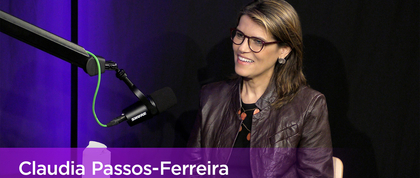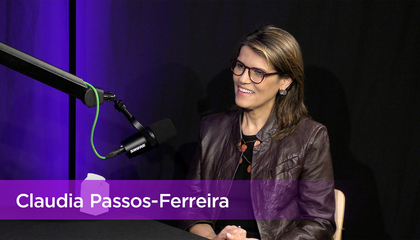
Note: The I AM GPH podcast is produced by NYU GPH’s Office of Communications and Promotion. It is designed to be heard. If you are able, we encourage you to listen to the audio, which includes emphasis that may not be captured in text on the page. Transcripts are generated using a combination of software and human transcribers, and may contain errors. Please check the corresponding audio before quoting in print. Subscribe now on Apple Podcasts, Spotify or wherever you get your podcasts.
Academic Department
Bioethics
